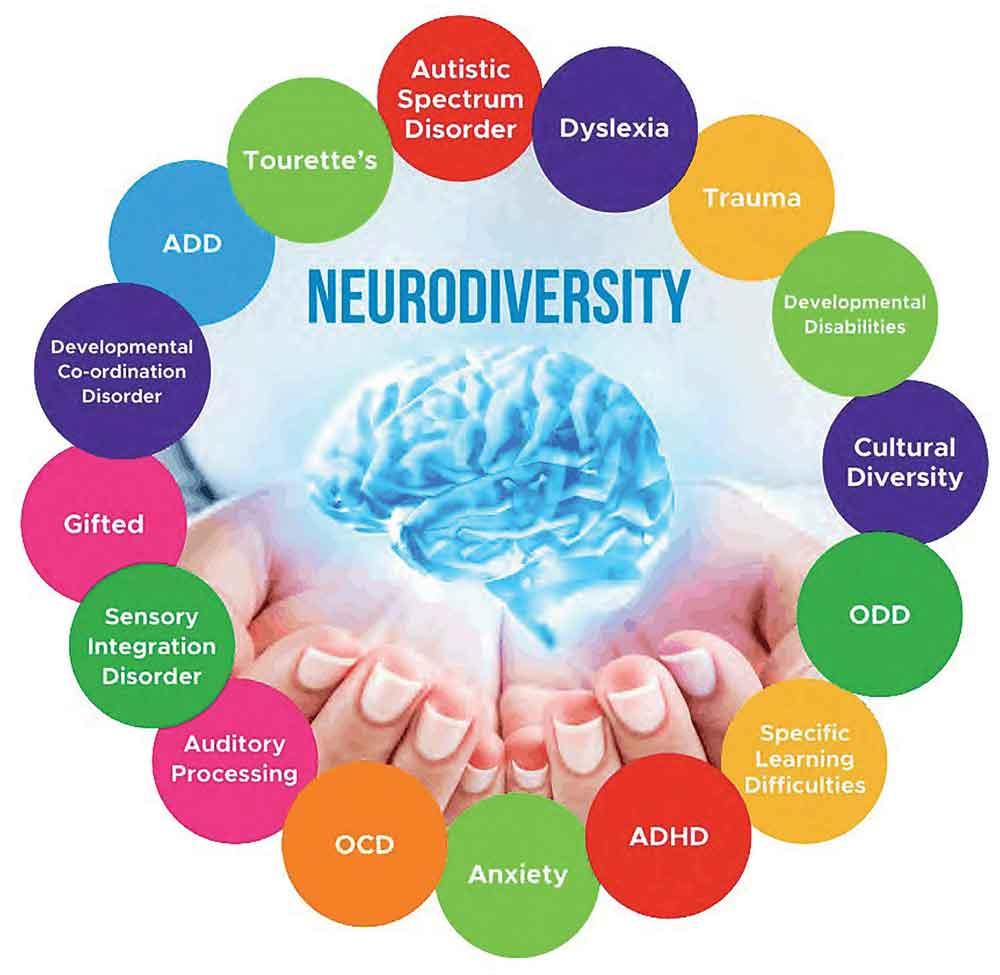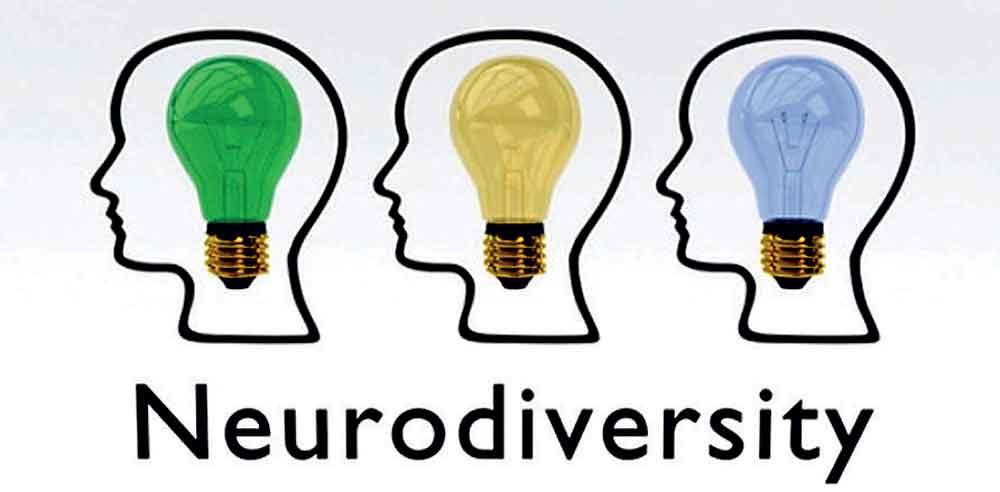
Whether we like it or not, neurodivergence is real and needs to be accepted. It is not an excuse for poor grades or bad behaviour. Rather, it is a legitimate, clinically recognized spectrum of cognitive functioning which includes ADHD, dyslexia, autism, specific language impairments, and slow learners. Yet, sadly, many parents refuse to acknowledge it, even when the diagnosis comes from a qualified clinical psychologist with years of expertise. What underpins this resistance?
Fear
Fear of judgment. Fear of stigma. And sadly, fear of facing the truth. One reason for this is a lack of education on the part of parents and society at large, who often equate neurodivergence with intellectual disability (aka mental retardation). In actual fact, they are not the same. Neurodivergence simply means that a child’s brain functions differently. These differences might show up in the level of attention or focus displayed, communication, processing speed, or learning style, but they do not signal a lack of intelligence. In fact, many neurodivergent students are not only capable of meeting academic standards, but of surpassing them entirely.
Real Stories, Real Achievements
In my own experience as an educator, I’ve taught children across the neurodivergent spectrum and I have seen these very children reach remarkable academic heights. Students labelled as “slow learners” have earned first class honours degrees. Children expected to struggle with all language-related subjects due to language impairments have topped the country at A-levels in language-based subjects. ADHD students, who have been unable to sit in one place for longer than 10 minutes due to their inherent restlessness, have walked away with university awards. These are not flukes. These are examples of what becomes possible when we stop trying to fit every student into the same box.
Parents who do end up accepting that their child is neurodivergent, sometimes fall into another trap whereby, out of love or guilt, they start to mollycoddle their children, treating them as fragile, incapable, or in constant need of rescue, and instead of empowering their children, they end up reinforcing helplessness in them
Different Brains, Different Learning Styles
A crucial truth that needs to be understood by parents is that neurodivergent children learn differently. This is not a defect; it is a difference that can work to the child’s advantage if handled correctly. Take students with ADHD for example. Many of them process information at lightning speed. They can solve complex math problems in their heads in seconds, but struggle to explain the steps. This is not because they do not know the answer; rather, it is because their brains skip steps that others might need. Such students do not need discipline; they need targeted instruction that teaches them how to articulate their thinking without penalising their natural cognitive style.
The Role of Parental Acceptance Is the First Step
Before teachers, psychologists, or support learning units can step in, there is one thing that is of utmost importance: parents must accept the reality of their child’s learning profile. Denial may feel like protection, but in practice, it leaves children unsupported and misunderstood. The sooner parents understand that a diagnosis is not a limitation but a starting point, the sooner children can access tailored learning strategies that help them thrive. A proper diagnosis opens doors to study and exam-related arrangements that can help level the playing field, the first step forward in giving neurodivergent children the right support that they require. Without it, we are asking children to navigate a system that was never built for them, with no map and no support.
Beware The Other Extreme!
Parents who do end up accepting that their child is neurodivergent, sometimes fall into another trap whereby, out of love or guilt, they start to mollycoddle their children, treating them as fragile, incapable, or in constant need of rescue, and instead of empowering their children, they end up reinforcing helplessness in them. Their children too (who are anything but dumb!) quickly learn to manipulate the “special” label, playing the victim and avoiding responsibility to get out of having to perform academically. And if we are to talk about laziness, this is where it creeps in - not from the neurodivergence itself, but from parental indulgence. Children, like anyone else, will take the path of least resistance if one is offered. If that path is paved with parental overprotection and low expectations, can we really blame them for taking it? “I can’t do this because I have ADHD,” “I can’t do math, I’m dumb,” “I don’t have to perform because I’m different,” “Studies are not my thing, I’m better at sport.” These are all too frequent utterances by neurodivergent teenagers who eventually come to believe that they cannot perform academically and find it “cool” to play up in class. Such a mindset is not innate. It is learned. And too often, it is one that was enabled at home!

Thinking Outside the Box Isn’t a Problem
Rather than use their neurodivergence as a crutch, neurodivergent students (and their parents!) need to understand that the same traits that make them a “challenge” to have in a conventional classroom are, more often than not, the same traits that allow them to excel in the real world. They are, by nature, out-of-the-box thinkers, problem-solvers, and innovators. We constantly say we want education systems that encourage creativity and critical thinking. Yet, when we get students who naturally see the world differently and do things differently, we prefer not to have them in class. As parents and educators, we need to recognise the potential of neurodivergent children and equip them to face challenges head-on. We need to challenge them, hold them accountable, and encourage them to develop resilience. We need to empower them with coping strategies, and this starts with the understanding that their diagnosis is a framework for growth.
Facing th e truth: A call to action for parents and society!
We need to stop pretending that every struggling child is lazy, distracted, or disinterested. Many are working twice as hard to fit into a system that wasn’t built with them in mind. Neurodivergence is not an excuse; rather, it is an explanation. But that explanation comes with responsibility; for the child and the parent. Acceptance must be paired with high expectations. Support must be matched with accountability. And love must be shown not only in protection, but in empowerment. Because the goal is not merely to help neurodivergent children cope. The goal is to help them thrive.
Everybody is a genius. But if you judge a fish by its ability to climb a tree, it will live its whole life believing that it is stupid.
(Attributed to Albert Einstein)











